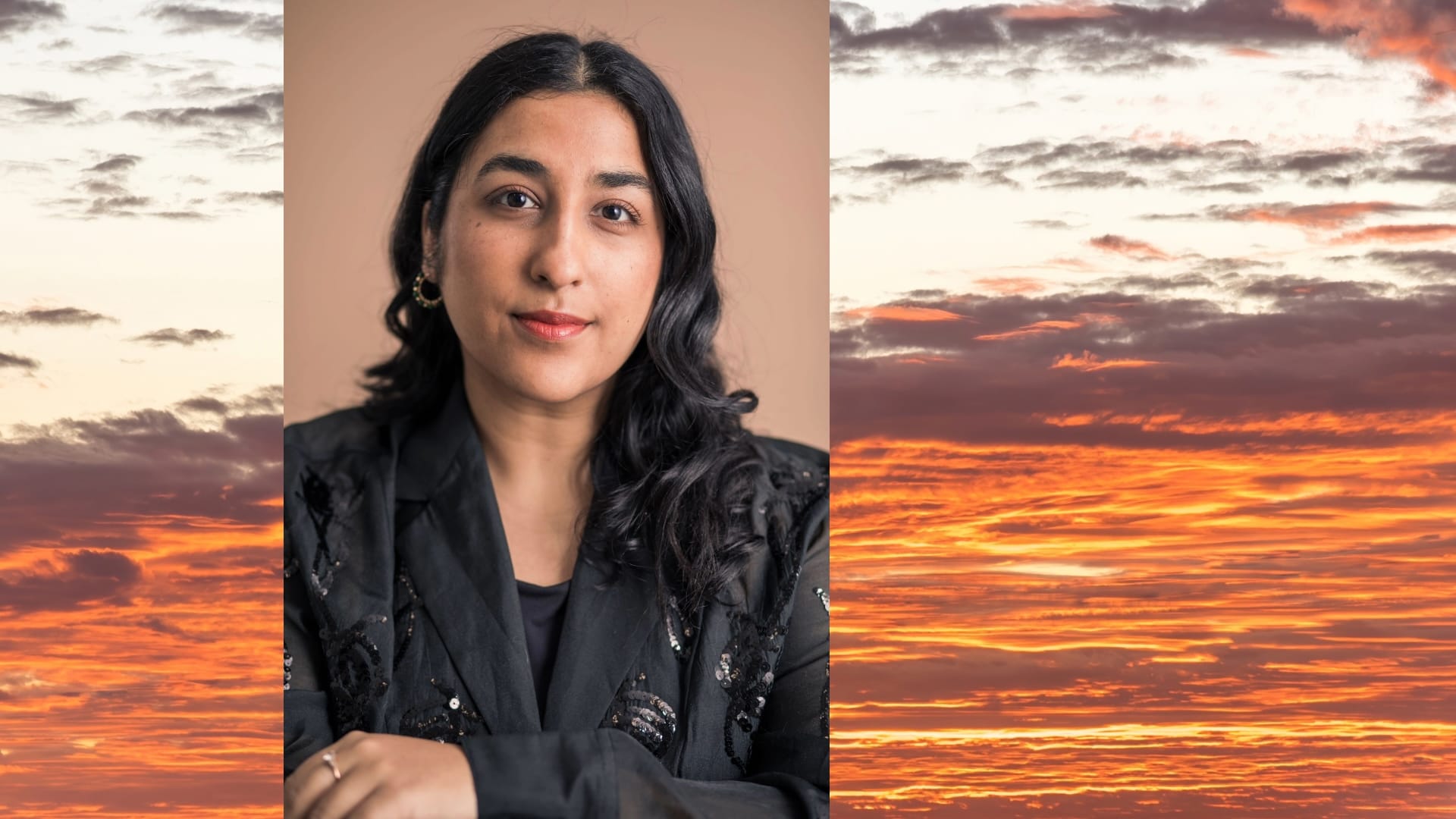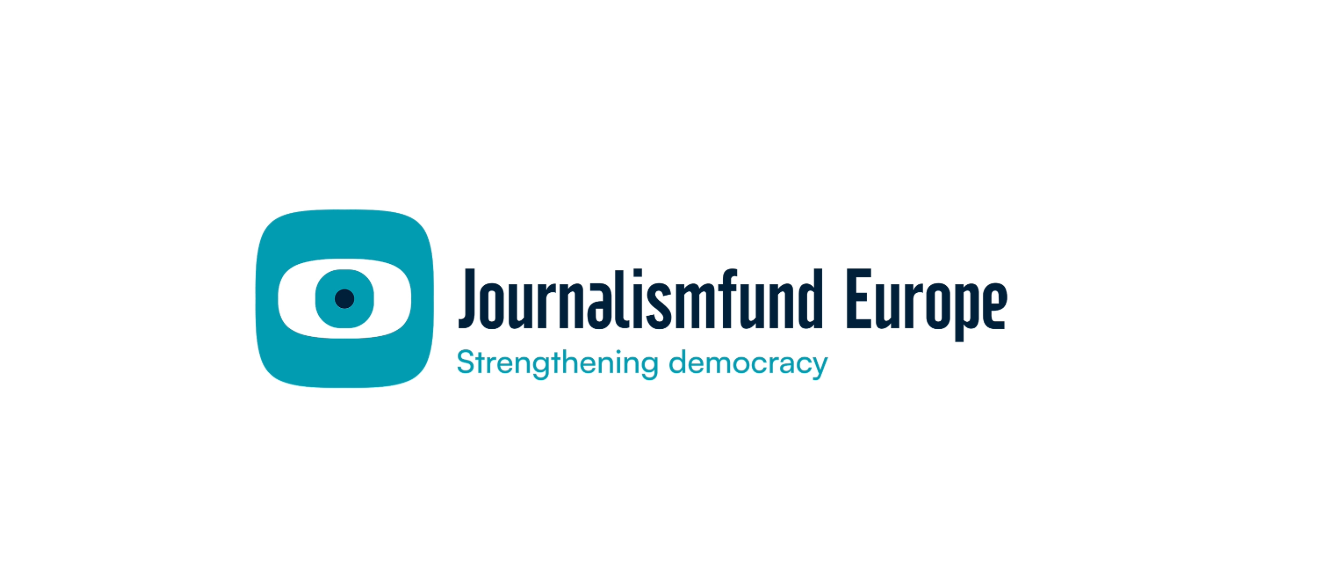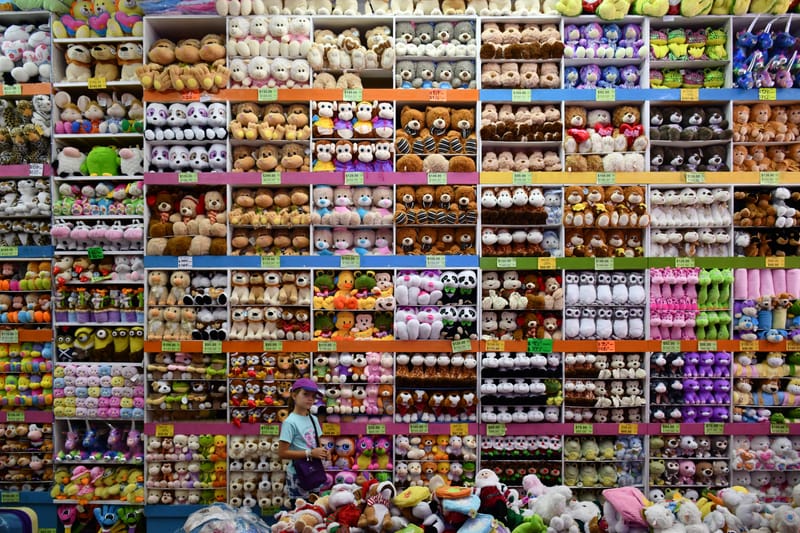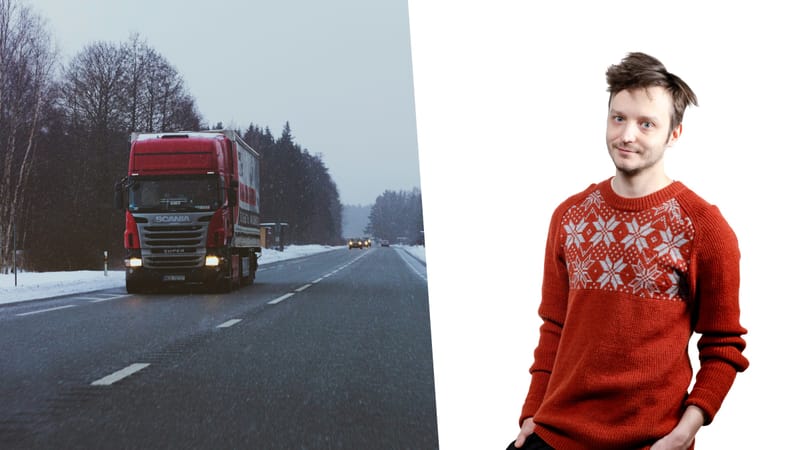When dreaming becomes a privilege
Researcher and author Amani Al-Mehsen sees dreaming as a human right – one slipping away from many. When life turns into a struggle for the basics, imagination the horizon of the future withers.

Do you know where dreams come from?
According to experts, dreams are a sign of hope, optimism, and trust in the future. They propel us forward and motivate us to act for the things that matter most. In that sense, dreams are the fuel of life – hopeful thought patterns that spark and sustain our human agency.
In recent years, I have found myself thinking more and more about the meaning of dreaming. I've realized that as a child, I didn’t know how to dream at all. My own dreams only began to take shape as an adult, once life had settled into stability, and they are quite ordinary: a peaceful neighborhood, loved ones who are happy, financial security, and perhaps – as my wildest wish – a small cottage in the middle of nature.
The inability to dream is often a side effect of a burdensome life. When one must constantly fight for the basics, there is no space left to imagine what could bring joy. The capacity to envision the future disappears.
We live in a time when the opportunities and well-being of people with migrant or refugee backgrounds are in significant decline.
In 2024, there were more than 120,000 cases of “pushbacks” at the EU’s external borders. These refer to situations where people seeking asylum were turned away without having their claims officially processed. At the same time, the EU Council approved a broad reform package aimed at speeding up border procedures, harmonizing practices, and expanding measures to deter irregular migration. Many human rights organizations have warned that these reforms could weaken the right to seek protection and ultimately slow down integration.
This reflects a global shift toward increasingly hardline immigration policies – one that is evident even here in Finland. Last year, the Finnish Parliament passed a new Border Act, widely known as the “pushback law,” which allows asylum seekers at the eastern border to be returned to Russia. Meanwhile, legal experts and constitutional scholars almost unanimously criticized the law as being contrary to fundamental and human rights, as well as to EU law.
Beyond traditional political and administrative tools, new technologies have created fresh means of tightening migration control – ones that can be misused and targeted at specific groups. Amnesty International has warned that advances in technology, including biometrics, drone surveillance, and automated risk assessments, increasingly restrict the rights of migrants – such as the right to privacy, non-discrimination, and the right to seek asylum.
Why do I list these grim examples of changes affecting vulnerable groups? Because dreams die amid war, crisis, and conflict. Last year, there were more armed conflicts worldwide than at any time since 1946. Today, an estimated 122 million people are displaced by war, violence, or persecution.
Dreams are not a luxury. They are an essential part of our humanity and well-being. Yet for many people with migrant or refugee backgrounds, they are far from self-evident. Uncertain living conditions, discrimination, and structural barriers narrow the space in which one can imagine and shape a future.
Dreaming has become a privilege. It belongs to those of us whose everyday life and safety are not a constant struggle. Recognizing dreaming as a human right means ensuring that basic rights, international conventions, and the right to live with dignity apply equally to more people. It means that everyone should be safe enough today to see light in tomorrow.
Do we dare to dream of such a world?
Amani Al-Mehsen
Amani Al-Mehsen is an author, journalist, columnist, human rights expert, and social commentator. Born in Kuopio to a family who fled Iraq, Al-Mehsen often explores themes of diversity, belonging, and the many faces of humanity. Her debut novel Hayati, My Love (Otava, 2025) tells the story of one woman’s journey through war, love, and survival – and how even amid violence and loss, a person can still find light. Al-Mehsen is an active voice in public debate, defending equality, justice, and every person’s right to dream.






